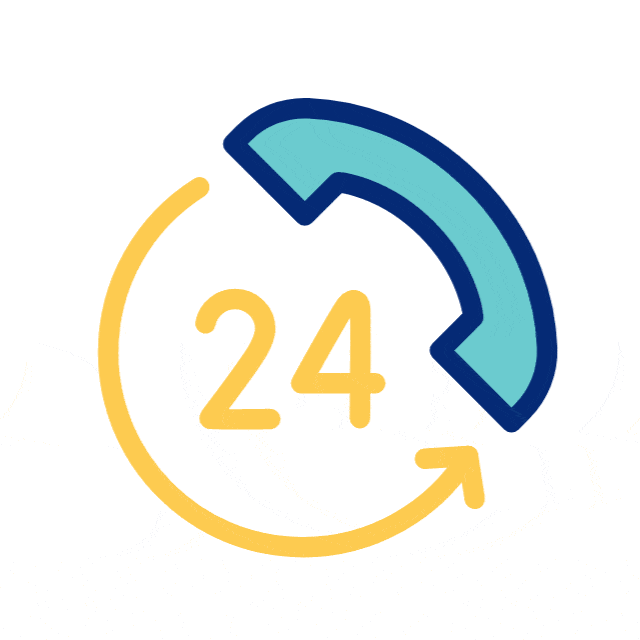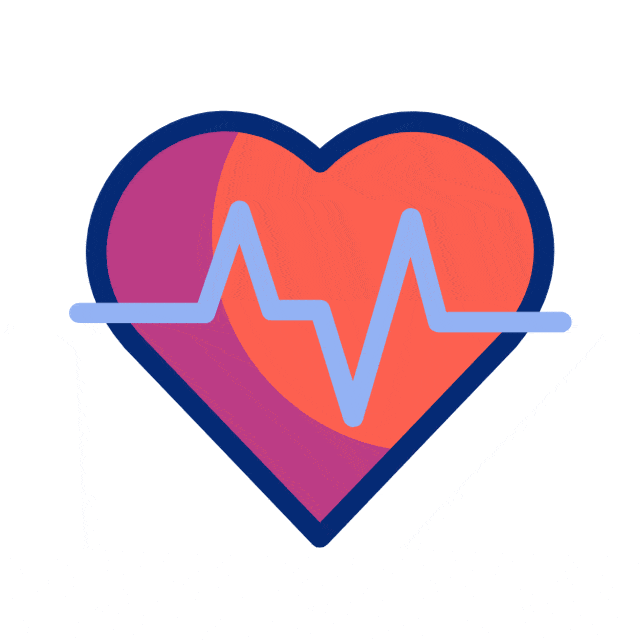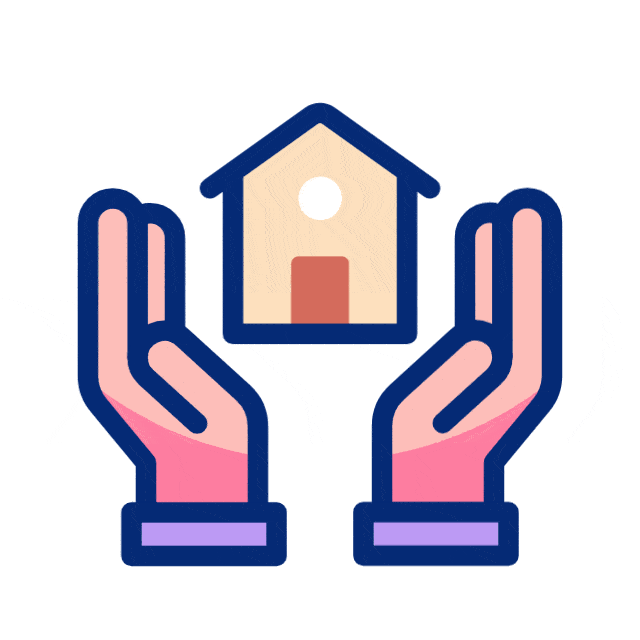Category : Healthcare
“Life inside – screen it, protect it”
Here are the answers to some questions that you may have:
-
What is this test?
Maternal Serum Screening is a blood test offered to pregnant woman to find out if she is at increased risk of having a baby with Down’s syndrome, trisomy 18, trisomy 13 or neural tube defects (such as spina bifida). Tests are done using combination of parameters in the blood.
-
What are the two screening options?
First trimester screening – 9 weeks to 13 weeks+6 days of pregnancy
Second trimester screening – 14 to 21 weeks of pregnancy
-
What are double and triple marker tests?
First Trimester-Double marker: This is a screening test used to identify the pregnant women at risk for trisomy up to 13 weeks of pregnancy. This test involves the estimation of the following markers/parameters in the serum samples:
- PAPP-A
- free βhCG.
Second Trimester-Triple markers: This is a screening test used to identify the pregnant women at risk for trisomy as well as neural tube defects from 14 to 21 weeks of pregnancy. This test involves the estimation of the followingmarkers/parameters in the serum samples:
- AFP
- Free βhCG
- uE3
PAPP-A (Pregnancy Associated Plasma Protein -A) – Low levels of PAPP-A as measured in maternal serum during the first trimester may be associated with fetal chromosomal anomalies including trisomy 13, 18, and 21.&
AFP (Alpha-fetoprotein): High levels of this protein can indicate certain potential defects, such as neural tube defects or failure of the fetus’s abdomen to close.
uE3 (unconjugated Estriol): Low estriol levels may indicate risk of having a baby with Down’s syndrome, especially when paired with low AFP levels and high hCG levels.
hCG (Human Chorionic gonadotrophin): High levels of hCG in the first /second trimester indicate increased risk for Down’s syndrome in addition with other markers mentioned above
How is it done?
Using 3 ml of venous blood sample collected in plain vacutainers (red capped)
-
Which disorders will be screened?
In this program, most common disorders encountered in pregnant women in India are screened in the maternal blood serum viz; Down’s syndrome, Edward’s syndrome, Patau’s syndrome, Neural tube defects such as Anencephaly and Spina bifida
-
Down’s syndrome
Down’s syndrome (DS) is a chromosomal abnormality a.k.a trisomy 21 because those with DS have an extra copy of part or all of chromosome 21. The condition causes mild to moderate mental retardation and developmental problems like congenital heart defects, respiratory & thyroid disorders, hearing problems, leukemia etc. Many of the complications of Down’s syndrome can be treated and the lifespan of those affected has greatly increased in recent years. The risk of having a child with Down’s syndrome increases with the age of the mother and has an overall frequency of 1 in 700 live births.
-
Edward’s syndrome
Edward’s syndrome (trisomy 18) is a condition in which there are three copies of chromosome 18. As with Down’s syndrome, the risk of carrying a fetus with Edward’s syndrome increases with maternal age. Edward’s syndrome is associated with multiple abnormalities and is usually fatal, with live-born infants rarely living beyond one year of age. The frequency of this abnormality is much less than that of Down syndrome, occurring in only 1 in 6,000 live births.
-
Patau syndrome
Patau syndrome (Trisomy 13) is a chromosomal condition in which there are three copies of chromosome 13 which is associated with severe intellectual disability and physical abnormalities in many parts of the body. Individuals with this condition often have heart defects, brain or spinal cord abnormalities, very small or poorly developed eyes (microphthalamia), extra fingers or toes, an opening in the lip (a cleft lip) with or without an opening in the roof of the mouth (a cleft palate), and weak muscle tone (hypotonia). Due to the presence of several life-threatening medical problems, many infants with trisomy 13 die within their first days or weeks of life. Only 5% to 10% of children with this condition live past their first year.
Trisomy 13 occurs in about 1 in 16,000 newborns. Although women of any age can have a child with trisomy 13, the chance of having a child with this condition increases as a woman gets older.
-
Neural tube defect
Neural tube defects (NTDs) are serious birth defects in which the brain, spinal cord, or their coverings do not develop completely. They arise early in pregnancy, affecting fetal development, and can cause life-long complications of varying severity for the child. There are several types of neural tube defects, the most common being:
Spina bifida: occurs when the neural tube does not close completely somewhere along the spine.
Anencephaly: occurs when the neural tube fails to close properly at the head; results in incomplete development of a large portion of the brain and the skull.
-
Down’s syndrome
-
What do the results mean?
Results are given as a risk or chance that the baby will be affected. If a pregnancy is at increased risk, a diagnostic karyotyping test will be recommended.
-
Is there anything else I should know?
- If you have had a first trimester Down’s syndrome screen, then second trimester maternal serum screening is typically not performed because the risks for Down’s syndrome and Edward’s syndrome have already been assessed.
- Family history: Other tests or genetic counseling may be suggested if you or your partner have a close family member who was born with a birth defect or has a serious health problem. Please talk to your health care provider for more information
-
What needs to be done if the screening test is positive?
If the screening test results are positive, further confirmatory tests are recommended. Once the diagnosis is confirmed you will be referred to your doctor for management.
-
When will the reports be available?
The reports will be available within 3-4 days after the sample is received at the Clinical Biochemistry Laboratory of JSS Hospital, Mysuru.
-
Whom to contact for further information?
For further information kindly contact: The Department of Biochemistry, JSS Hospital, Mysuru. Phone: 0821-2335201, E-mail: jssbiochem@gmail.com
Do you want to have prenatal screening or not?
The choice is yours.
If you are UNDECIDED about prenatal screening:
You can discuss your options with your health care provider or genetic counsellor. You can have prenatal screening and make a choice whether to continue the process at each step.





